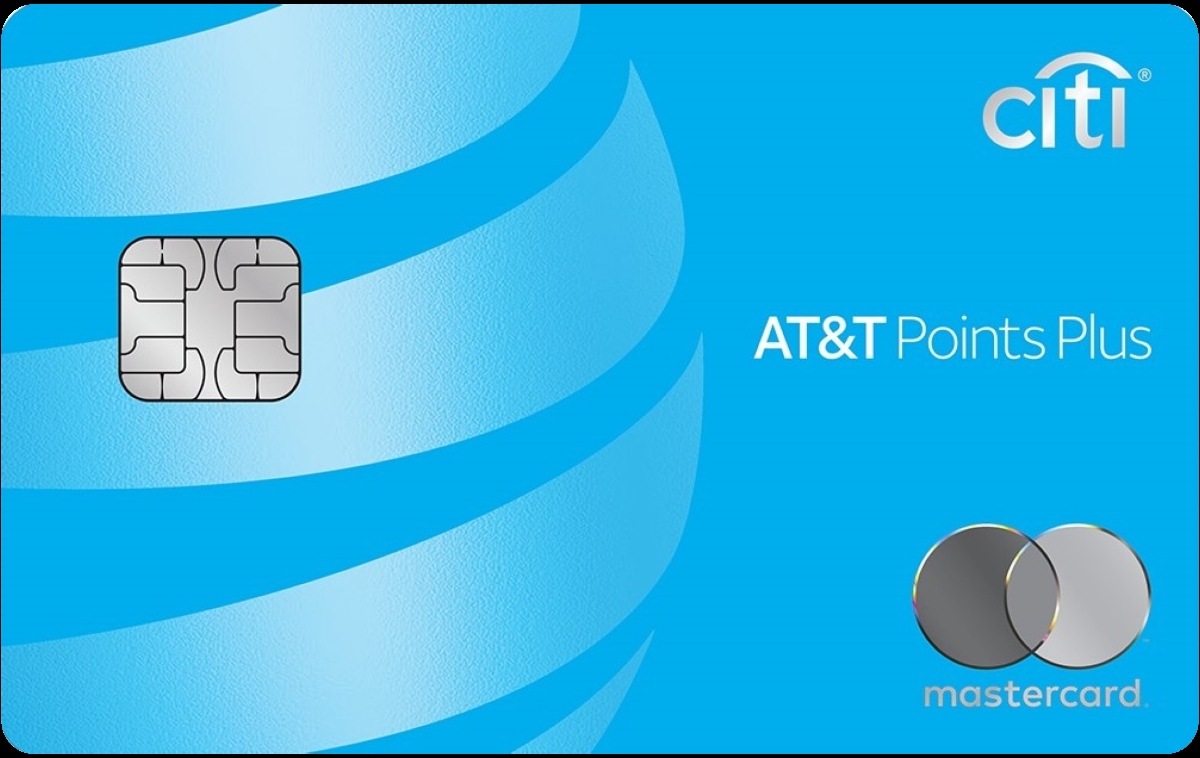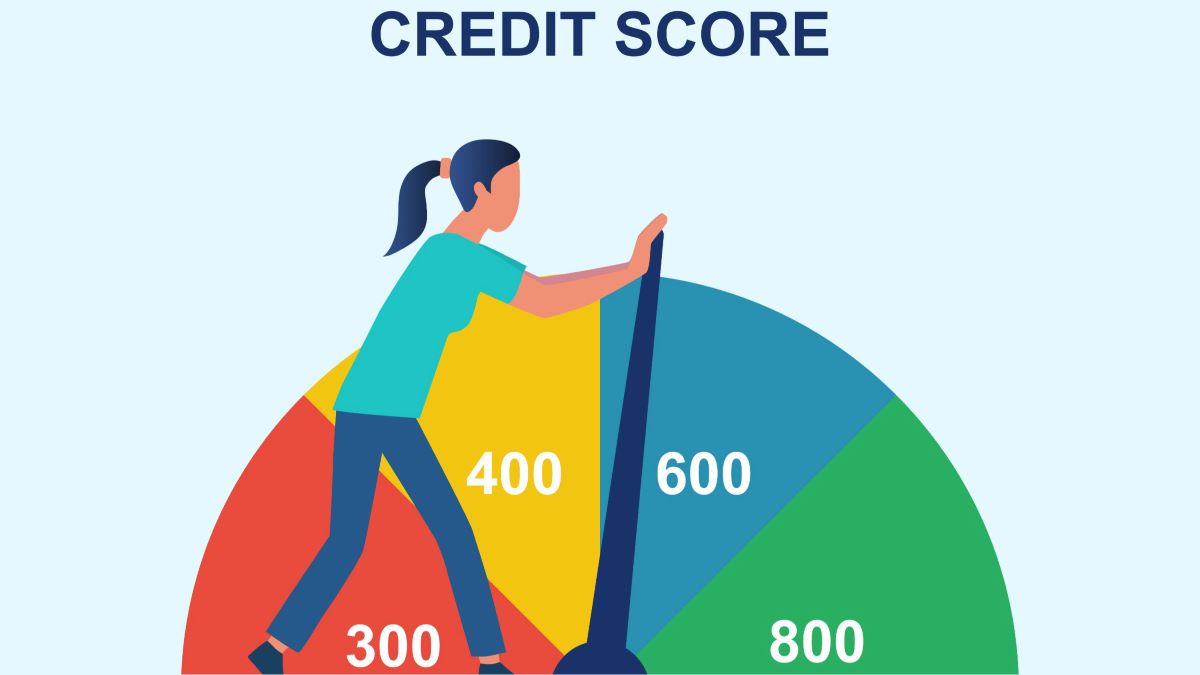

Finance
What Credit Bureau Does Chase Use
Published: March 3, 2024
Chase uses Experian to check credit. Understanding which credit bureau a lender uses can help you prepare for a credit check and improve your chances of approval. Learn more about finance and credit bureaus.
(Many of the links in this article redirect to a specific reviewed product. Your purchase of these products through affiliate links helps to generate commission for LiveWell, at no extra cost. Learn more)
Table of Contents
Introduction
Welcome to the world of credit bureaus and their pivotal role in the lending landscape. As financial institutions strive to make informed lending decisions, the utilization of credit bureaus becomes increasingly significant. In this article, we will delve into the realm of credit bureaus, unravel the importance of these entities for lenders, and specifically explore the credit bureau utilized by Chase, a prominent player in the financial industry.
Credit bureaus serve as the custodians of individuals’ credit histories, meticulously documenting their financial behaviors, credit accounts, and payment patterns. These repositories of financial data play a fundamental role in enabling lenders to assess the creditworthiness of potential borrowers, thereby influencing lending decisions and terms.
Understanding the intricacies of credit bureaus and their impact on lending institutions is essential for individuals navigating the realms of credit and finance. As we embark on this insightful journey, we will shed light on the specific credit bureau that Chase relies on, elucidate the factors influencing its usage, and underscore the broader significance of credit bureaus in the lending ecosystem.
Understanding Credit Bureaus
Credit bureaus, also known as credit reporting agencies, are organizations that compile and maintain comprehensive records of individuals’ credit information. These entities gather data from various sources, including lenders, creditors, and public records, to create detailed credit reports for consumers. The primary function of credit bureaus is to assess individuals’ creditworthiness based on their financial behaviors and history of managing credit and debt.
Equifax, Experian, and TransUnion are the three major credit bureaus in the United States, each playing a crucial role in the assessment of consumers’ credit profiles. These bureaus collect and organize vast amounts of data, encompassing details of individuals’ credit accounts, payment histories, outstanding debts, and public records such as bankruptcies and tax liens. By consolidating this information, credit bureaus generate credit reports that offer a comprehensive overview of an individual’s credit standing.
Furthermore, credit scores, derived from the data within credit reports, provide a numerical representation of an individual’s creditworthiness. These scores, typically ranging from 300 to 850, are utilized by lenders to evaluate the risk associated with extending credit to a particular individual. A higher credit score indicates a lower credit risk, thus enhancing the likelihood of favorable lending terms and interest rates.
Consumers can access their credit reports from each of the major credit bureaus annually at no cost, enabling them to review their credit information and address any inaccuracies or discrepancies. Understanding the role of credit bureaus and the information they compile is essential for individuals seeking to build and maintain healthy credit profiles, as well as for lenders aiming to make well-informed lending decisions.
Importance of Credit Bureaus for Lenders
Credit bureaus play a pivotal role in enabling lenders to assess the creditworthiness of potential borrowers, thereby influencing lending decisions and terms. The comprehensive credit reports provided by these bureaus offer lenders valuable insights into individuals’ financial behaviors, payment patterns, and overall credit management. By leveraging this information, lenders can evaluate the level of risk associated with extending credit to a particular individual.
For lenders, the utilization of credit bureaus is instrumental in mitigating risk and making informed lending decisions. By analyzing an individual’s credit report and credit score, lenders can gauge the likelihood of timely repayment and the overall financial responsibility of the borrower. This assessment is crucial in determining the terms of the credit extended, including interest rates, credit limits, and repayment schedules.
Moreover, credit bureaus enable lenders to compare an individual’s credit profile with industry benchmarks and historical data, facilitating a comprehensive risk assessment. This comparative analysis empowers lenders to tailor lending terms and conditions based on the perceived credit risk, thereby optimizing their lending portfolios and minimizing potential losses.
Additionally, credit bureaus aid lenders in identifying instances of potential fraud or identity theft, as discrepancies or unauthorized activities within credit reports can raise red flags. By promptly detecting and addressing such issues, lenders can safeguard their interests and maintain the integrity of their lending practices.
In essence, credit bureaus serve as invaluable partners to lenders, offering a wealth of data and insights that underpin sound lending practices. By leveraging the information provided by credit bureaus, lenders can make well-informed decisions, mitigate risk, and extend credit to deserving individuals while safeguarding their financial interests.
Chase’s Use of Credit Bureaus
Chase, a prominent financial institution, relies on credit bureaus to assess the creditworthiness of individuals applying for various financial products, including credit cards, loans, and mortgages. As a leading lender, Chase leverages the comprehensive credit reports and credit scores provided by credit bureaus to make informed lending decisions and tailor lending terms based on the perceived credit risk of potential borrowers.
Chase’s utilization of credit bureaus is integral to its risk assessment and underwriting processes, enabling the institution to evaluate the financial behaviors, payment histories, and overall credit management of applicants. By scrutinizing the credit reports obtained from major credit bureaus such as Equifax, Experian, and TransUnion, Chase gains valuable insights into applicants’ credit profiles, allowing for a thorough evaluation of their creditworthiness.
Furthermore, Chase’s reliance on credit bureaus extends to the monitoring of existing customers’ credit activities, enabling the institution to assess ongoing credit risk and make informed decisions regarding credit limit adjustments, promotional offers, and account management. By staying abreast of customers’ credit behaviors through the data provided by credit bureaus, Chase can proactively manage credit risk and optimize its lending practices.
Chase’s commitment to leveraging credit bureau data aligns with its emphasis on responsible lending and risk management. By utilizing the information furnished by credit bureaus, Chase aims to extend credit to deserving individuals while mitigating risk and maintaining the integrity of its lending portfolio.
Overall, Chase’s reliance on credit bureaus underscores the institution’s dedication to making well-informed lending decisions, offering tailored financial products, and fostering a prudent approach to credit risk management.
Factors Impacting Credit Bureau Usage by Chase
Several factors influence Chase’s utilization of credit bureaus, shaping the institution’s approach to risk assessment, lending practices, and customer management. Understanding these factors provides insights into the dynamics that underpin Chase’s reliance on credit bureau data and its impact on the institution’s lending strategies.
- Lending Risk Management: Chase’s commitment to prudent lending practices and risk management drives its reliance on credit bureaus. By leveraging comprehensive credit reports and credit scores, Chase can assess the creditworthiness of applicants and manage lending risk effectively. This emphasis on risk management influences the institution’s consistent usage of credit bureau data across its various lending products and services.
- Regulatory Compliance: Regulatory requirements and industry standards play a significant role in shaping Chase’s usage of credit bureaus. Compliance with regulations such as the Fair Credit Reporting Act (FCRA) and guidelines set forth by regulatory bodies necessitates the thorough evaluation of applicants’ credit profiles, thereby compelling Chase to rely on credit bureau data to meet these compliance standards.
- Customer Relationship Management: Chase’s utilization of credit bureaus extends beyond risk assessment to encompass customer relationship management. By monitoring customers’ credit activities and behaviors, Chase can tailor its offerings, manage credit limits, and provide personalized financial solutions, thereby enhancing customer satisfaction and loyalty.
- Competitive Positioning: In the competitive landscape of the financial industry, Chase’s usage of credit bureau data is influenced by its positioning in the market. By leveraging credit bureau insights to offer competitive interest rates, favorable lending terms, and innovative financial products, Chase can enhance its market positioning and attract creditworthy customers.
- Data-Driven Decision Making: Chase’s emphasis on data-driven decision making permeates its reliance on credit bureau data. By leveraging the information provided by credit bureaus, Chase can make informed lending decisions, optimize its credit risk management strategies, and align its offerings with the evolving needs of consumers.
These factors collectively underscore the significance of credit bureau usage by Chase, shaping the institution’s risk assessment practices, regulatory compliance efforts, customer engagement strategies, and competitive positioning in the financial landscape.
Conclusion
In conclusion, credit bureaus serve as indispensable pillars of the lending landscape, providing lenders with comprehensive insights into individuals’ credit profiles and financial behaviors. The utilization of credit bureau data by financial institutions, including Chase, is instrumental in enabling informed lending decisions, mitigating risk, and fostering responsible lending practices.
Chase’s reliance on credit bureaus underscores the institution’s commitment to prudent risk management, regulatory compliance, and customer-centric strategies. By leveraging the data provided by credit bureaus, Chase can assess the creditworthiness of applicants, monitor customers’ credit activities, and tailor its offerings to meet the diverse financial needs of consumers.
Furthermore, the factors influencing Chase’s usage of credit bureau data, including lending risk management, regulatory compliance, customer relationship management, competitive positioning, and data-driven decision making, collectively shape the institution’s approach to risk assessment, customer engagement, and market positioning.
As individuals navigate the realms of credit and finance, understanding the pivotal role of credit bureaus and their impact on lending institutions is essential. By comprehending the significance of credit bureau data in shaping lending decisions and terms, consumers can proactively manage their credit profiles and make informed financial choices.
In essence, the symbiotic relationship between financial institutions and credit bureaus underscores the collaborative efforts aimed at fostering a robust and responsible lending ecosystem. As the financial landscape continues to evolve, the reliance on credit bureau data remains a cornerstone of sound lending practices, regulatory compliance, and customer-centric financial solutions.














